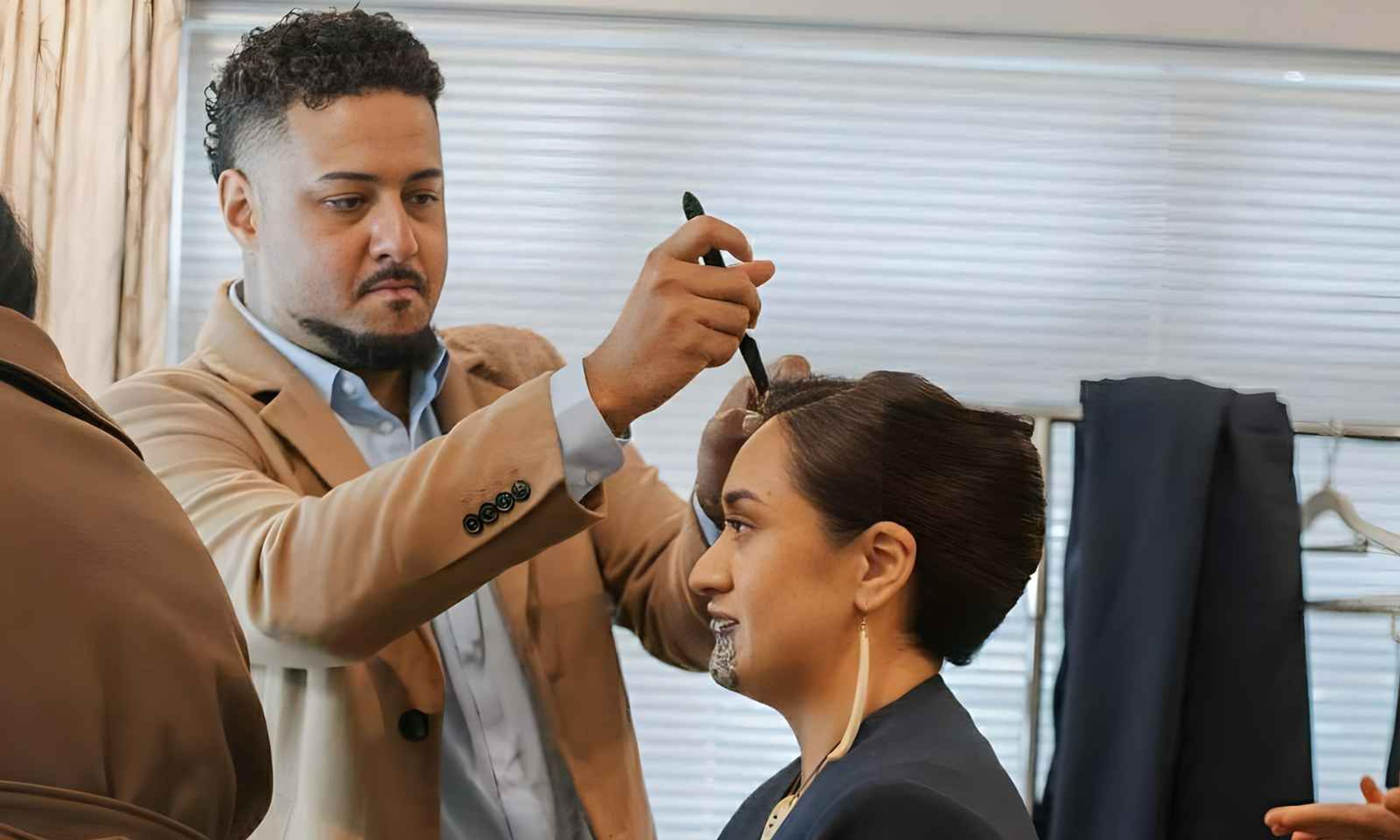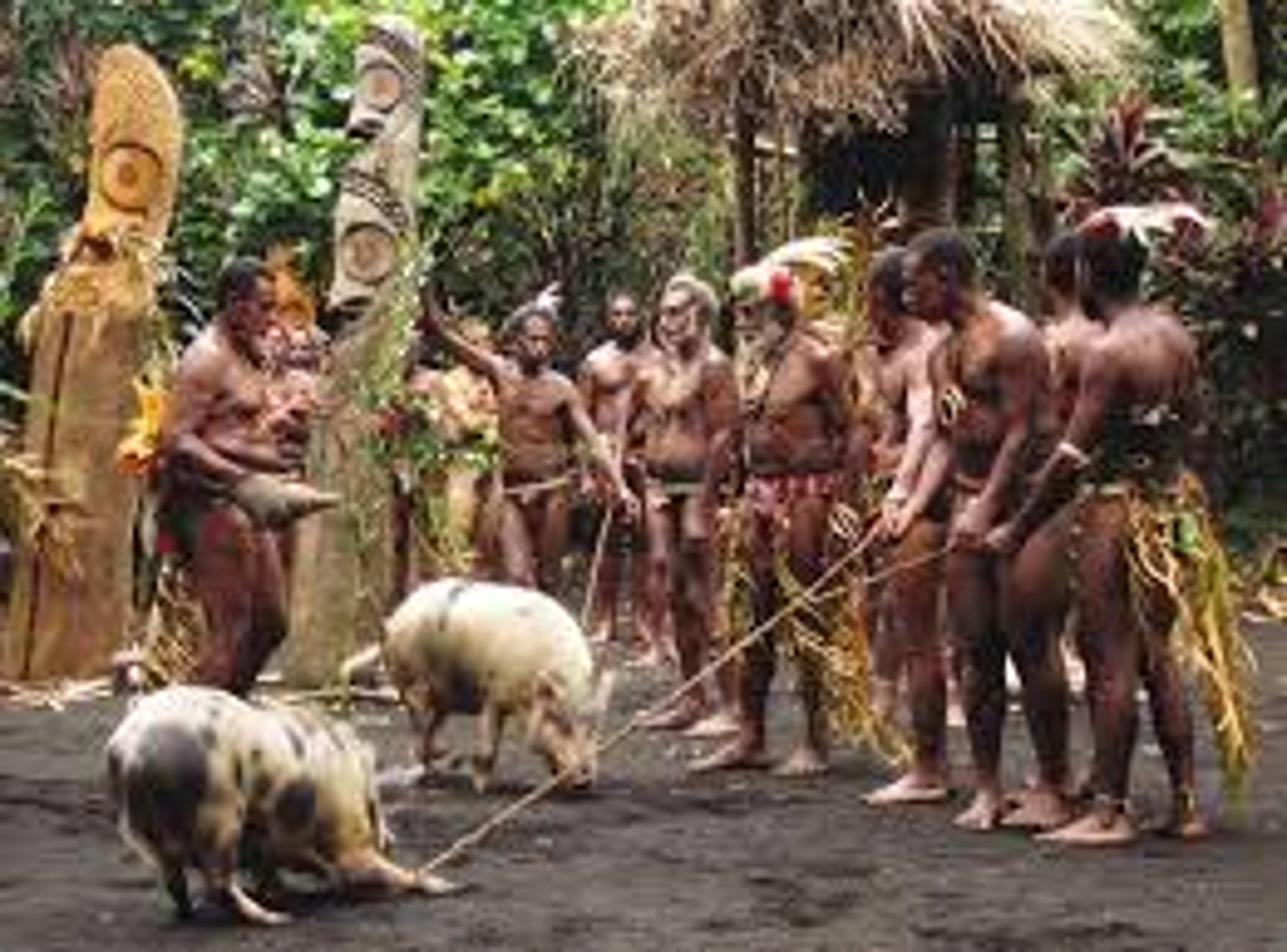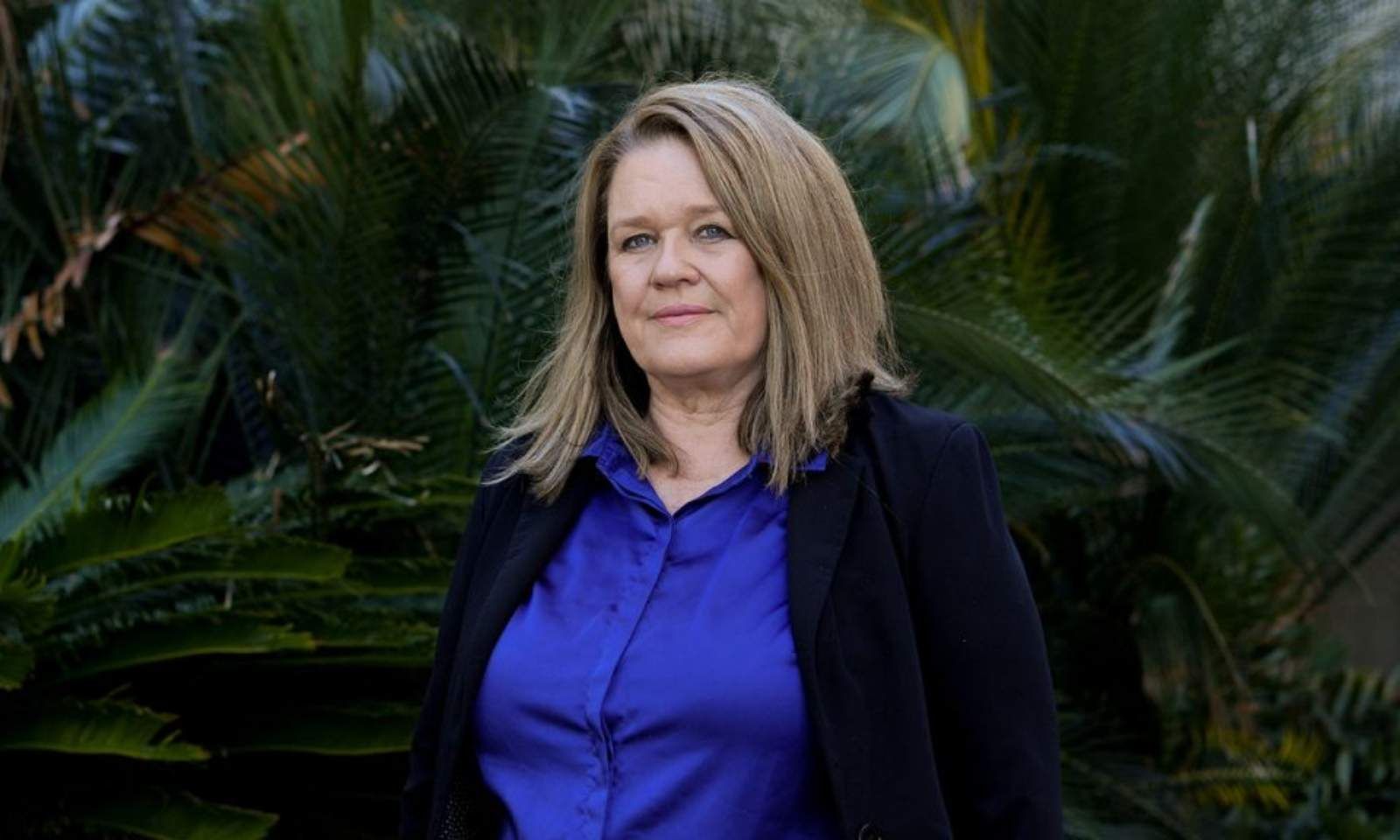

Dave Letele continues to help shape truer narratives through his podcast “Unfiltered with Dave Letele”.
Photo/YouTube.
BBM flips the script on Pacific and Māori media portrayals, study finds
New data reveals that Brown Buttabean Motivation challenges stereotypes and reshapes mainstream narratives about Pacific and Māori communities.


Ancient DNA shows how Pasifika carried pigs across the ocean


Holiday Classics: The sports films that bring families together

From the friendly isles to Koroneihana: The Tongan hairstylist trusted with a Queen

Ancient DNA shows how Pasifika carried pigs across the ocean


Holiday Classics: The sports films that bring families together
Brown Buttabean Motivation’s media engagement strategy is offering new insight into how Pacific and Māori communities reshape mainstream narratives.
The University of Auckland’s (UoA) Representations of a Māori and Pacific community organisation in the media study, published in Pacific Health Dialog, draws on more than 100 news and interview texts.
It analyses how Aotearoa New Zealand’s largest Pacific-led fitness movement, Brown Buttabean Motivation (BBM), engaged with before and during the Covid pandemic.
The paper explores how BBM founder Dave Letele’s personal branding has enabled him to shape media narratives and challenge negative stereotypes of Pacific and Māori communities.
Speaking to Khalia Strong on Pacific Mornings, research co-lead Dr Fa’asisila Savila says the aim was pursuing a “truer representation of Māori and Pacific communities”.
“Also community-led organisations, because so often many of the stories that do come out often show it in a negative light,” Savila says.
“We wanted to know why and how BBM engaged with the community, which was the main reason why we did this study.”
He says BBM approached UoA to conduct the study, wanting to provide “hard evidence” to invested parties of the charitable trust, and back up the good they do for communities.
Savila says Covid lockdowns impacted the earlier stages of the project with BBM, cutting off face-to-face interactions, which pivoted the study towards virtual engagement with the community.
“We wanted to see what BBM’s work was in terms of reaching out to the community and how the community engaged with them,” he adds.
The study included collaboration with UoA marketing lecturer Dr Sandra Smith alongside a team of six academics across Māori health, epidemiology and primary care disciplines.
It found BBM helped reframe the negative tropes media reinforces, such as obesity prevalence among Māori and Pacific people.
Smith says Letele was proactive in reaching out to journalists and editors, and ensuring that the community’s story was told accurately.
"This level of engagement is valuable for Māori and Pacific led organisations, who can sometimes struggle to have their voices heard and accurately represented in the mainstream media," she adds.

UoA senior marketing lecturer, Dr Sandra Smith (Business School). Photo/University of Auckland.
Savila says mainstream reporting and even public health research can unintentionally reinforce these stereotypical narratives against Māori and Pacific communities.
Perpetuated narratives normalise it for those marginalised communities, which overlooks the bigger picture, he says.
“We want to move forward, to think about having better access to food, and it's all that background information that is not really talked about or not put in context.
“That inequity in terms of access to food, lower income, poorer employment outcomes, all leads back to education.”
There is a whole history of communities having to fight harder than non-Maori and non-Pacific to get to a better position in life, he says.
“There needs to be a shift in the language around how we talk about these communities to foster a positive sense of who we are. “What we learnt and what other community organisations might be able to take away from it, is to be honest about what you're doing.
“Actually sharing the work they do just to show people we can do the work, and we are able to look after ourselves - we're creative, we're dynamic, and culturally rich.”